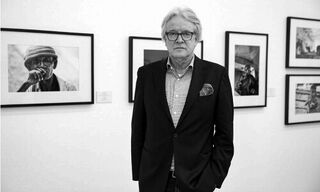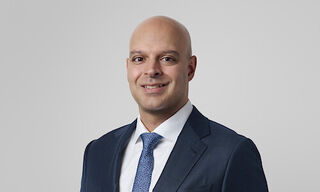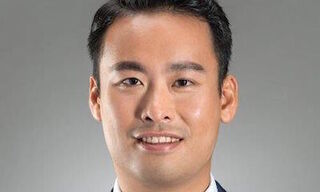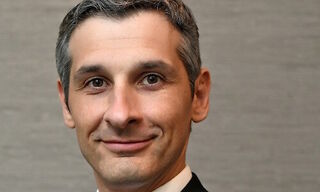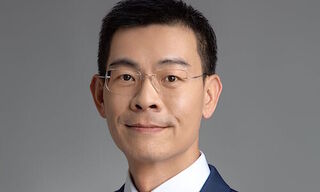A rebound in infections in Hong Kong and Singapore confirms that the epidemic is far from over in Asia. finews.asia speaks exclusively to Credit Suisse's Francois Monnet on facing the pandemic.
Francois Monnet, few, if any, CEOs could have planned for the disruption to business that has been caused by Covid-19. What is your read of the situation?
The current dislocation seen in financial markets is nothing short of extraordinary. Market dislocation happened at a very fast clip – $27 trillion of equity value vanished in four weeks, driven by fear hitting both private lives and the global economy. Having said that, policy responses around the world – monetary and fiscal – have been bold, swift and also unprecedented in scale. But uncertainties about the extent of the infection and the long term impact on the economy continue to dominate every investor’s mind.
North Asian clients are famed for their appetite and risk tolerance. What kind of impact are you seeing there?
Fortunately, in North Asia, our clients had a relatively conservative asset allocation in their portfolio prior to the initial virus outbreak in China. This was partially due to U.S.-China trade tensions that impacted business sentiment way before the pandemic outbreak.
«Some clients were impacted by spikes in volatility»
As evidence of that defensive positioning was a higher cash allocation in our aggregated client portfolios in early January. Clients certainly took a constructive view about the start of the year, driven by improved geopolitics and promising economic trends, and became net buyers of equity.
What is Credit Suisse’s advice to clients at this juncture?
Our advice is not to bottom-fish but rather to focus on value. History tells us that any dislocation of that magnitude will reward investors practicing average costing after the first capitulation. This stance explains why Credit Suisse has been slightly overweight on equities since last week.
How have clients changed as a result of the volatility of the last few months and the uncertainty that lies ahead?
Some clients were impacted by repeated spikes in volatility. But contrary to the crisis in 2008, the handling of each client’s situation has been more disciplined and effective.
«From a business continuity perspective, Credit Suisse was one of the first banks in Asia to adopt swift measures»
We can only attribute this to a more matured approach to risk, and lessons learned from behavioral finance 12 years ago. The unexpected by-product of this market disruption is perhaps the realization that investors, by and large, have learned from their previous experiences in similar situations.
What has changed at Credit Suisse because of the Covid-19 outbreak?
From a business continuity perspective, Credit Suisse was one of the first banks in Asia to adopt swift measures when responding to the circumstances. For example, for our staff, we implemented work from home arrangements and split operations whereby our staff is fully enabled for remote access.
«There was an almost instantaneous re-invention of our service delivery model»
On the client front, we quickly activated digital engagement with clients on a larger and broader scale. There was an almost instantaneous re-invention of our service delivery model where our business traffic on Credit Suisse Chat and our Digital Private Banking platforms surged and an exceptionally high volume of trade was executed smoothly.
We also managed to continue to provide de-risking investment strategies and advisory to clients throughout the month of March. Overall our confidence stems from our integrated business model where we provide advisory services to both corporate and private wealth clients, and which places clients at the center of everything we do.
Francois Monnet is the head of private banking North Asia and chief executive of the Hong Kong branch of Credit Suisse. He has been a part of the bank's key management team in Asia since he joined the bank in 2007. He holds a masters' degree in law and diplomacy from Tufts and Harvard University, as well as a Doctor of Philosophy in political science from University of Geneva, Switzerland. He is also a Chartered Financial Analyst.















